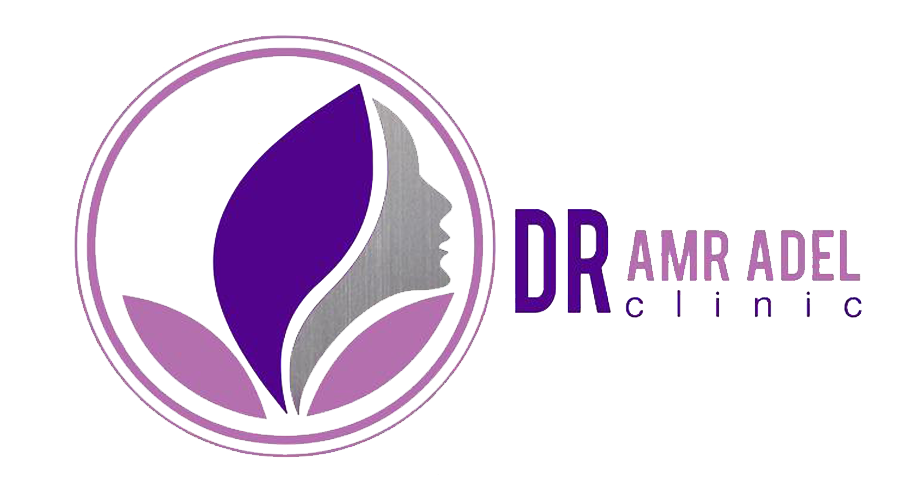All NSAIDs seem to increase your risk of heart attack and stroke. They may also increase your risk of heart failure, which is when your heart doesn’t pump enough blood around your body. For example, because they reduce clotting action, some NSAIDS, especially aspirin, may have a protective effect against heart disease. NSAIDs can increase the risk of developing nausea, or a stomach ulcer. These enzymes are responsible for the production of prostaglandins. Prostaglandins are a group of compounds with hormone-like effects that control many different processes such as inflammation, blood flow, and the formation of blood clots.
Breastfeeding With Rheumatoid Arthritis
NSAIDs work by slowing the formation of prostaglandins, which play an important role in the body’s inflammatory response. The body, fetal alcohol syndrome celebrities therefore, produces more of these substances when an injury occurs. Reducing the number of prostaglandins at the site of damaged tissue lowers inflammation. Lower doses may be enough for osteoarthritis and muscle injuries, as there is generally less swelling and often no warmth or redness in the joints. But you and your doctor can lower your risk of having side effects from NSAIDs. You are encouraged to report negative side effects of prescription drugs to the FDA.
Arthritis: Causes and Treatment for Joint Stiffness and Pain
For example, you might take them several days in a row for a muscle strain, perhaps three or so times a day, depending on the NSAID. Every NSAID has a daily limit in terms of how demi lovato first album much and how often you can safely take them. Many different NSAIDs are available over the counter (OTC), sometimes paired with other types of drugs.
These enzymes normally help trigger several different processes in the body which lead to pain, fever, and inflammation. By blocking COX enzymes, NSAIDs can reduce pain and inflammation in your body. NSAIDs (nonsteroidal anti-inflammatory drugs) can reduce pain, fever and other types of inflammation. Common over-the-counter NSAIDs include aspirin, ibuprofen and naproxen sodium.
How Do I Know If It’s Carpal Tunnel or Arthritis?
Aspirin is a NSAID that is used in small doses to lower the risks of having a heart attack or a stroke caused by a blood clot. It may also be given as a single dose at the time of a heart attack to improve outcomes. This is because it irreversibly inhibits the COX-1 enzyme. Even though many NSAIDs are available over-the-counter, these drugs do carry a risk of potentially serious side effects. Risks are highest in people taking higher doses signs of being roofied for longer periods and in people with underlying medical conditions.
- Although NSAIDs have a similar mechanism of action, individuals who do not respond to one NSAID may respond to another.
- RxList does not provide medical advice, diagnosis or treatment.
- While NSAIDs are effective for relieving symptoms, they don’t help your body heal.
- NSAIDs can cause allergic reactions, resulting in wheezing, hives, facial swelling, and shock.
Nerve Pain: Symptoms, Causes, and Treatment Options
Always consult your healthcare provider to ensure the information displayed on this page applies to your personal circumstances. On average, older individuals carry a higher risk of serious side effects from NSAIDs. This is partly because of changes in physiology with age and partly due to taking more medications than average. If you are experiencing symptoms of an allergic reaction such as difficulty breathing or throat swelling, get help right away by calling 911.
Most people are familiar with over-the-counter, nonprescription NSAIDs, such as aspirin, ibuprofen, and naproxen. This class of drugs includes some of the most common pain relief drugs, such as ibuprofen and naproxen. All prescription NSAIDs have a warning that the medications may increase the chance of having a heart attack, stroke, and stomach bleeding. However, it’s important to be cautious about using NSAIDs.
But it’s not a good idea to take them if you have certain health conditions. Steroids are synthetic drugs similar to cortisone, a naturally occurring hormone. They prevent blood from clotting, which is good in some cases but not so beneficial in others. However, people may wish to take certain precautions to reduce the risk of side effects. For instance, it is advisable to avoid alcohol and other medications when taking NSAIDs. People with risk factors for some health conditions and those who need to take other medications should speak with a doctor before taking NSAIDs.
To reduce your risk of bleeding and stomach irritation, healthcare providers often prescribe another type of drug for people who need to take NSAIDs called a proton pump inhibitor (PPI). PPIs such as Prilosec (omeprazole) can make it safer for some people to take NSAIDs. A confusing exception to this is low-dose aspirin, which may help reduce the chance of heart attack and stroke in people who are at a very high risk. However, you shouldn’t take aspirin for this purpose without first discussing it with your healthcare provider.

 الحصول على موعد
الحصول على موعد
اترك تعليقا